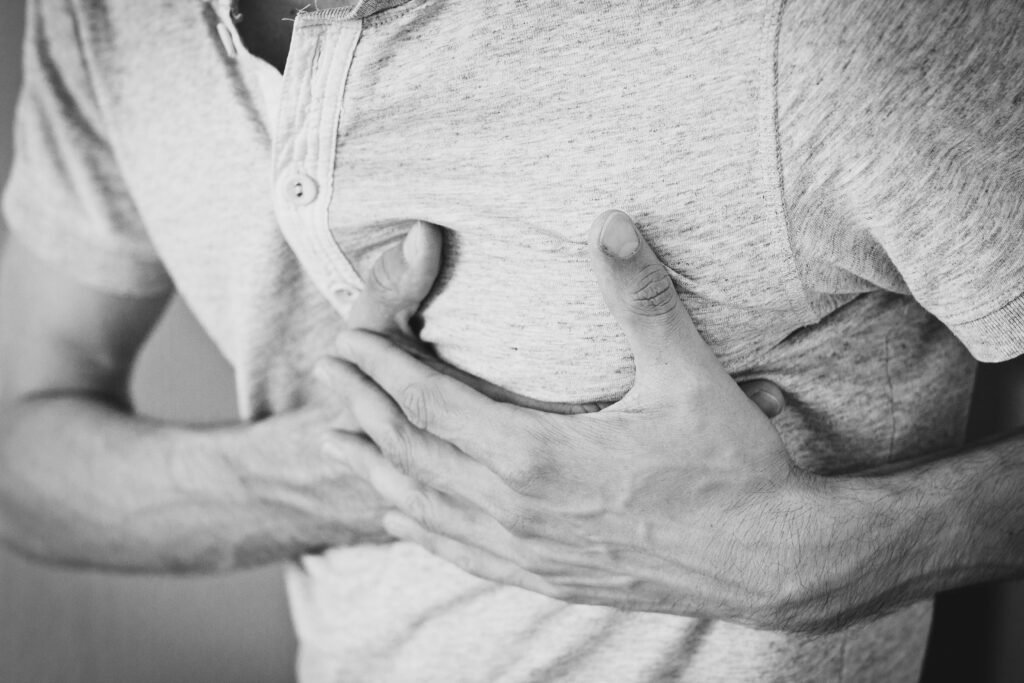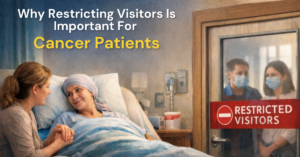The experience of a heart attack is life-changing, not only for the patient but also for the family. The recovery process does not end when a patient leaves the hospital. After a heart attack, it is essential to provide proper care, modify your lifestyle, and provide emotional support at home. As a caregiver, your love and attention can help your loved one heal more quickly and stay safer.
If you or a loved one is recovering from a heart attack, our Comprehensive Cardiac Care Guide offers practical advice, recovery steps, and emotional support to help you feel confident again.
Quick Answer: What is the aftercare for a heart attack?
Help your loved ones take their medicine on time, follow the doctor’s instructions, and eat a heart-healthy diet after a heart attack. Engage in gentle physical activity, manage stress, and be aware of warning signs, such as chest pain and shortness of breath. The key to a successful recovery is emotional support and patience.
Understanding the recovery process
After a heart attack, recovery process takes time and varies from patient to patient. Some people feel better within a few weeks, while others require several months to recover. Get a better understanding of the recovery process. Supporting your loved one with patience and confidence is easier when you are aware of what to expect.
Follow the doctor’s instructions
There is a reason why doctors prescribe a treatment plan. Be sure that your loved one takes their medication at the scheduled time. Do not stop or change your medication without consulting your physician. Make sure you keep follow-up appointments with your doctor to ensure that the treatment is being monitored and adjusted as necessary.
Encourage healthy eating habits
The role of food in heart health cannot be overstated. Make sure that meals include a variety of fruits, vegetables, whole grains, and lean proteins. Foods fried in fat, snacks high in salt, and drinks containing sugar should be avoided. By preparing heart-healthy meals at home, you can help your loved ones stay on track with their diet.
Encourage safe physical activity
According to the American Heart Association, regular walking improves recovery. Exercises such as walking, light stretching, or exercises prescribed by a physician are effective options. Ensure that your loved ones do not overexert themselves. Rest is also important—balance activity with plenty of breaks to avoid strain.
Assist in managing stress and emotions
It is common for heart attack survivors to feel anxious, sad, or fearful. A person’s emotional well-being is as important as their physical health. Listen to your loved one, offer comfort, and suggest stress-relieving practices such as deep breathing or meditation. Consider counseling or joining a support group if necessary.
Be aware of the warning signs of another heart problem
Keep an eye on the patient as a caregiver. If you notice any of the following symptoms, you should contact emergency services immediately:
- A feeling of pressure or pain in the chest
- Breathing difficulties
- Symptoms of dizziness or fainting
- An unusual feeling of fatigue or weakness
A quick response can save a life.
Promote a heart-healthy lifestyle
Provide support for long-term changes. Encourage quitting smoking, limiting alcohol, and getting enough sleep. Create a routine that incorporates exercise, relaxation, and a healthy diet. A small daily choice can have a significant impact on one’s health.
Be patient and supportive
Recovery from a heart attack may seem slow at first. There may be times when your loved one experiences fear or frustration. Show patience. Celebrate small successes and progress. Emotional encouragement keeps them motivated and hopeful.
Key Takeaways
Taking care of a loved one after a heart attack involves both challenges and responsibilities. Providing medicines, food, activities, stress management, and emotional support is your role in helping them recover safely and effectively. Remember, as a caregiver, you can make a powerful difference in their healing journey.
FAQs
Recovery may take weeks to months. It depends on the severity of the heart attack and the patient’s overall health.
Yes. With proper treatment, lifestyle changes, and follow-up care, many patients return to daily activities and enjoy a good quality of life.
Avoid fried foods, processed meats, high-salt snacks, and sugary drinks. Choose fresh, heart-healthy meals instead.
Yes, but only as recommended by the doctor. Light walking and gentle exercises are usually safe. Heavy workouts should be avoided unless cleared by a healthcare provider.
Be supportive and patient. Encourage open conversations, relaxation techniques, and, if needed, professional counseling.






